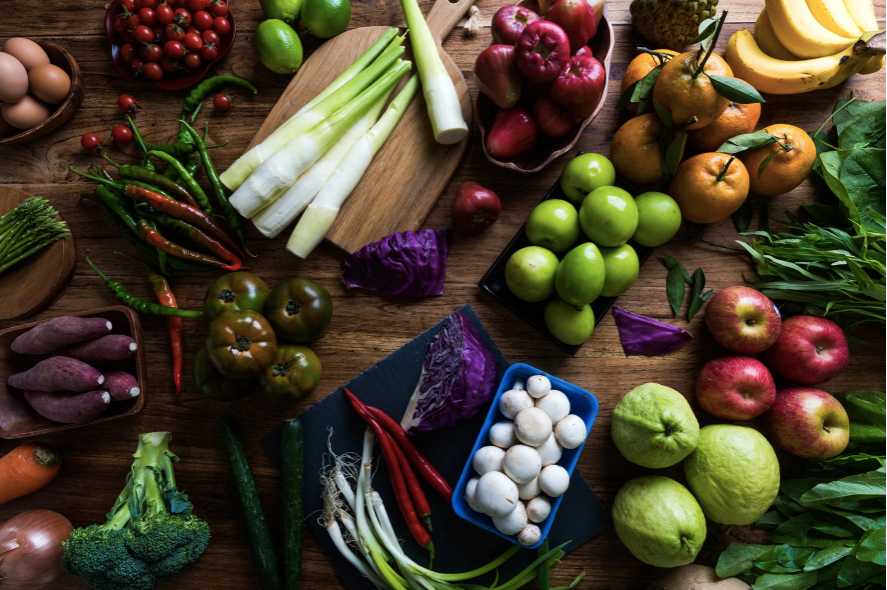WHAT ABOUT VEGANS AND VEGETARIANS?
- wittockgabrielle
- Aug 23, 2021
- 3 min read
It's all a question of perspective and commitment.

1. Eating differently to save the planet
If you no longer eat meat or are monitoring your consumption for the environmental cause then insects should be added to your diet.
Indeed, they are a healthy alternative in terms of animal proteins, they are called the "ethical" proteins of the future. Raising insects is much cheaper and has a significantly different environmental impact compared to raising other cattle on several points:
water saving
reduction of greenhouse gases
economy of agricultural land used for their food
More simply, by comparing a cricket raised on an urban farm, as already exists in Brussels, with a beef, on average for one kg of protein, the cricket:
consumes 2000 times less water
emits 60 times less greenhouse gases
requires 25 times less food

Other advantages are still to be highlighted, insects can be reared in superimposed cages "vertical integration breeding". Thus, they can settle in an urban ecosystem, which allows for significant savings in production surface area. This is more than interesting given that currently 2/3 of cultivated areas have to produce food for the animals we are going to consume to the detriment of food production for humans. For example, even if it is not a vertical farm for edible insects, the average land area used to produce 1 kg of protein is usually 20 square metres for insects compared to 45 to 70 square metres for pigs!
Another important point is that the entire insect is eaten and therefore there is no need to eat the whole animal.
no waste. In addition, the circular economy is more than feasible in an insect farm and this is often the case. One of the wonderful things about insects is that, as natural recyclers, they can live mainly on food waste. For example, crickets can be fed with sunflower seed or flax seed residues. Thanks to this, the consumption and waste of raw materials is limited.
Since 2008, the FAO (Food and Agriculture Organization of the United Nations) has been supporting the development of insect consumption in all countries of the world for economic and ecological reasons!
2. Eating differently to save animals
Can't stand the thought of eating an animal? Do you think that the moral consideration should be the same for all animal species?

Do insects feel pain?
This is a very good thing, but in this case the following observation should interest you:
Assuming that insects are biologically sensitive and conscious beings, people who do not eat animals refuse to include them in their diet. However, no scientific literature has yet demonstrated that insects can be sensitive to pain. Studies even tend to prove the contrary.
One observation made is that if insects were sensitive to pain, the conditions under which they would be reared would allow them to flourish. Most insects prefer to live in crowded, warm and dirty places, and this is the case for crickets. Unless they are taken in a way that injures them, the insect will not suffer if it is raised in an ethical breeding, as this breeding perfectly reproduces its natural environment.
Crop farming and animal welfare?
A lot of small animals are killed in crop farming, and this happens with every harvest. It is one thing to feed only on elements from the earth, but it is important to point out that crop farming kills and injures conscious and sensitive animals. In this case, we know that the latter (rodents and field birds) are beings that feel pain unlike insects.
Moreover, we tend to forget another element resulting from plant agriculture, pesticides... The figures vary but on the basis of scientific studies, there are about 415 million insects per hectare of plant agriculture area. The idea is that many of these insects will be contaminated by pesticides applied to crops. They will therefore be likely to die as a result of the various treatments designed for crop farming.
In the light of these findings, even if they are limited to the consumption of plant food, consumers always find themselves at the end of a production chain that harms the lives of sentient beings (rodents and field birds) and other potentially sentient beings (insects).








Comments